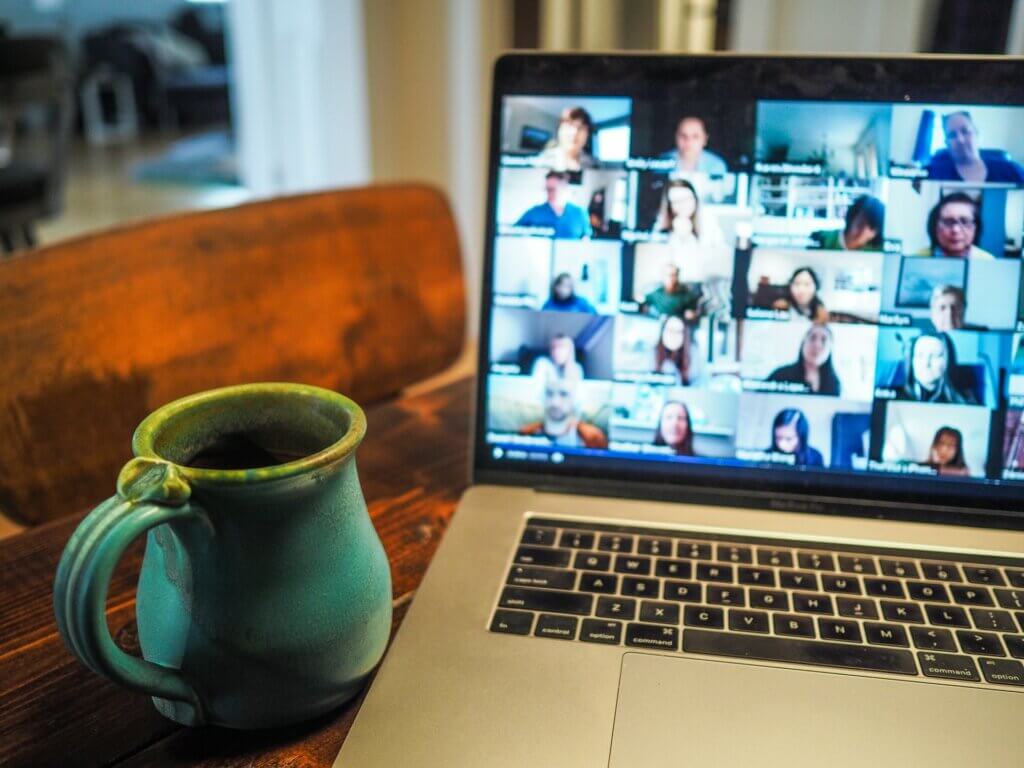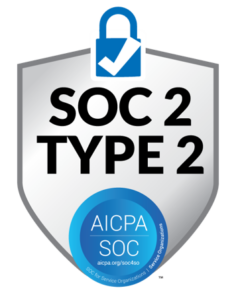“Pivot” — that was the buzzword at the beginning of the COVID-19 pandemic. Businesses pivoted to comply with social distancing measures and restrictions. Employees pivoted to new roles or remote work. And recruiters pivoted to a virtual hiring process.
Suddenly, what to wear to a virtual interview became an important concern. Prospective employees and recruiters alike were faced with whether virtual interview questions are any different from in-person interview questions — spoiler alert: they’re essentially the same.
Nearly three years later, today’s questions are about whether virtual interviews should continue post-pandemic. With more and more employees returning to work in person, does it make sense to keep interviews for in-person jobs online? Do the pros of virtual interviews outweigh the cons?
Job interviews from anywhere
First of all, virtual interviews are online and allow for social distancing. For companies in regions where restrictions continue, this alone will tip the scales in favor of keeping employee selection virtual. It may make sense for companies moving to a hybrid work setting to use virtual recruitment if team members won’t be on-site. Some businesses may even continue working from home for financial reasons. In these cases, virtual interviews make sense.
Beyond situations in which employees are remote anyway, virtual interviews are useful for scaling. Scheduling time and space for in-person interviews — especially when accounting for travel time and having multiple people involved — can be a hassle. With virtual interviews, more interviews can be booked in a day and interviewers can attend from anywhere. Recorded interviews can be reviewed later, meaning decision-makers aren’t working from notes or memory.

Multiple recruiters can sit in on virtual interviews from anywhere, allowing you to get more input on candidate selection.
Holding interviews remotely means companies can consider potential employees from other regions and potentially find stronger candidates than they would have otherwise. It also lessens the chance of schedules being affected by participants arriving late due to a commute. This is especially useful for interview processes comprising multiple rounds.
Meet potential employees without background bias
If virtual interviews were flawless, everyone would use them. Some recruiting efforts just work better in person, especially final rounds of interviews for senior positions. Virtual interviews can also be a barrier to candidates who don’t have access to fast enough internet connections or the up-to-date tools to run them. Common virtual interviewing platforms like Microsoft Teams and Zoom weren’t built for interviewing and don’t have the proper capabilities.
Some interviewers and candidates aren’t comfortable with virtual interviews, preferring to meet face-to-face — and not through a screen — and feed off of each other’s body language without internet lag. Some skills assessments, especially those using specialized equipment, can only be completed on-site.
Because virtual interviews are often completed in a home environment, there’s also the potential for “background bias,” or judgments made about the interviewee based on what is happening in the background of their video. This includes anything from the noises of children playing to a messy kitchen in the background. While these situations are becoming normalized, there is always the potential for unconscious bias to creep in, just as there could be for judging candidates by their attire during in-person interviews.
Virtual interviews are here to stay — but consider automating
One thing the pandemic has shown is that companies can make it work with virtual interviews. They make scaling easier and help you reach more candidates. The biggest objections to virtual interviews involve technology and internet speeds. No one wants to have their schedules thrown out the window because half of the interview time is taken up by buffering.
An alternative to video interviews is an automated behavioral interview assessment like Knockri. Recruiters create assessments and send them to candidates, then review the results with our scoring system that accurately predicts job performance based on skills. Candidates complete the assessment when and where they choose and are evaluated based on their answers — not their background, the clarity of their video, or their business attire. Book a demo with our HR solution consultant to chat with us about improving your hiring experience.



